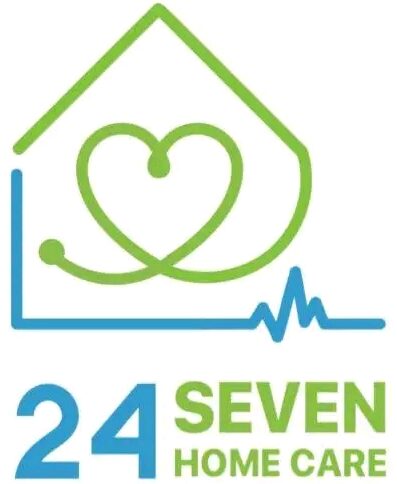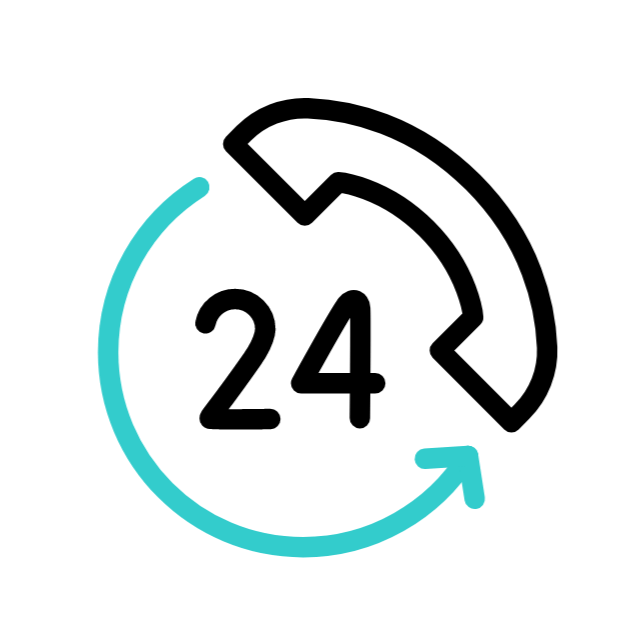Treatment of Infectious Diseases with 800 Life Response Home Care: An All-Inclusive Guide
Throughout history, infectious illnesses have posed a persistent danger to human health. These illnesses, which have included the COVID-19 pandemic and the bubonic plague, have presented serious difficulties to healthcare systems throughout the globe. Even while hospitals are able to treat many infectious illnesses, there is an increasing tendency towards home-based treatment, particularly in light of the desire to lessen the strain on healthcare facilities and the introduction of modern medical technology. This blog article will discuss treating infectious diseases at home with 800 life response Home Care, a complete solution that offers medical knowledge in the convenience of your own home.
The Significance of Infectious Disease Home-Based Care Management
Shifting Patterns in the Medical Field
The COVID-19 epidemic hastened the trend towards home-based care in the ever-evolving healthcare landscape. Treating infectious diseases at home has become a safer and more efficient choice since infectious disease treatments, including respiratory ailments, may spread quickly in crowded medical facilities.
Tailored Attention
Personalized care is made possible by home-based care. Better results are achieved when patients receive personalized attention from medical experts who can customize care programmes to meet individual requirements.
Enhanced Comfort for Patients
Patients who receive care at home benefit from a degree of familiarity and comfort that is not possible in a hospital. This may lessen tension and anxiety, hastening the healing process.
The Function of 800 life response Home Care for Skilled Healthcare Practitioners Treating Infectious Diseases
A group of knowledgeable medical experts, including doctors, therapists, and nurses, work at 800 life response Home Care. They are all qualified to offer specialized treatment for infectious disorders. These experts are qualified to carry out therapy, keep an eye on vital signs, and counsel patients and their families on how to manage their illnesses.
Disease Surveillance
Infectious disorders such as HIV, hepatitis, and TB require regular monitoring. Remote patient tracking and monitoring is provided by 800 life response Home Care, guaranteeing that any changes or issues are quickly handled.
Medication Administration
Treatment of infectious disorders requires strict adherence to prescription schedules. By making sure patients take their prescriptions as directed, home healthcare professionals can lower the risk.
Treatment of Common Infectious Diseases with 800 life response Home Care
Flu-Related Infections
With the help of 800 life response Home Care, respiratory illnesses like pneumonia and bronchitis may be successfully treated at home. Experts are able to treat patients with nebulizers when necessary, assess lung function, and deliver oxygen therapy.
Hepatitis Infectious
Hepatitis B and C are examples of chronic infectious hepatitis that frequently need continuing medical care. Patients with these diseases can get assistance, medication management, and routine examinations from 800 life response Home Care.
AIDS/HIV
Doctor-at-home therapy for HIV/AIDS patients may be beneficial. This type of care involves medication management, CD4 count monitoring, and emotional support. The quality of life for patients who are managing an infectious chronic illness can be enhanced by home care.
TB, or Tuberculosis
Antibiotics are generally used for a long time during TB therapy. In addition to making sure patients take their meds as directed, 800 life response Home Care keeps an eye out for side effects and the advancement of the patient’s illness.
Infections in Senior Citizens
Elderly people are more vulnerable to infections, and many would rather get care at home. For older patients, 800 life response Home Care can administer intravenous (IV) antibiotics, wound care, and other essential treatments.
The Benefits of Comfort and Convenience in 800 life response Home Care
Patients and their families experience less stress and inconvenience when therapy is received at home instead of having to make frequent trips to the hospital. Remaining in familiar settings allows patients to maintain better mental and emotional health.
Decreased Risk of Infections Acquired in Hospitals:
Hospitals may serve as havens for diseases, so there’s reason to be concerned about the possibility of contracting new infections while there. This danger is decreased with home-based care, creating a more secure healing environment.
Budget-Friendly:
Extended hospital stays are frequently more expensive than home-based treatment. While keeping the same caliber of treatment, it can lower healthcare expenses for both individuals and healthcare systems.
Increased Autonomy of the Patient
Patients who get home-based care can continue to have some degree of autonomy and control over their life, which can be empowering, particularly for those undergoing treatment for chronic infectious illnesses.



